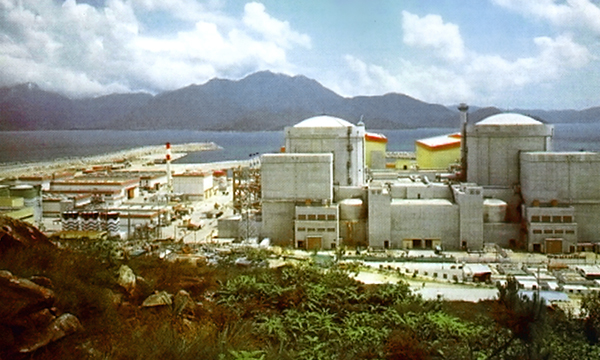Hong Kong nixes its fuel-mix plan


HONG KONG — One year after a proposal was put forth to dramatically cut the amount of coal-generated fuel and increase nuclear energy in Hong Kong, the government announced that it needs to rethink its plan in the face of public concern over nuclear power.
Last year, 54% of Hong Kong’s electricity was generated by coal and 23% by nuclear technology. The rest came from gas. The government had proposed raising the use of nuclear power to 50% by 2020, with only 6% - 7% generated by coal.
But the city’s climate-change strategy has been complicated in light of Japan’s nuclear crisis following the March 11 earthquake and tsunami. Hong Kong officials said last month that the government will wait for further reviews of Japan’s nuclear incident before finalizing its fuel-mix target for the coming decade.
As countries around the world struggle to re-evaluate the role that nuclear energy will play in the coming years, Hong Kong is not alone in dealing with public hesitance toward nuclear.
A government spokesperson said there have been calls to ban nuclear power all together, including the portion currently in use.
But experts are skeptical that worries over nuclear energy will have much of an impact on the fuel mix. “We don’t have lots of choice. Fossil fuels also have a lot of problems with greenhouse effects,” said Ray Su Kai-leung, a civil engineering professor at the University of Hong Kong.
“Personally I support the continuous use of nuclear energy. This is a relatively clean energy,” Su said. He added that the current plant that provides nuclear energy to Hong Kong is in an area that does not have the topographical requirements to form tsunamis—the true culprit that destroyed Fukushima's plant.
Nuclear energy used in Hong Kong is imported from mainland China. Because nuclear-power generation produces virtually no carbon emissions, it is widely considered a clean alternative to coal plants and currently puts out about 14% of the world’s electricity.
Edwin Lau, general affairs director at Friends of the Earth in Hong Kong said that instead of increasing imported nuclear power as the government proposed, it should explore the option of importing renewable energy. He said the Guangdong coastline, which is near Hong Kong, is suited for solar and wind farms.
Photo: Wikimedia Commons
This post was originally published on Smartplanet.com